After China and the US, the electric vehicle market in Israel is also preparing for a leap forward in the field of fast charging. In the near future, charging electric vehicles in this country could be 3 to 4 times faster than today.
The new generation of charging stations will support theoretical charging speeds of up to a megawatt or more, compared with the 250 kilowatts of most current public fast charging stations.
With such power, these charging stations can nearly charge large batteries in just about five minutes – the same time it takes to fill up a conventional car at a gas station.
In the absence of a full charge, electric vehicles can add hundreds of kilometers of range in less than two minutes. In addition, this type of charger can distribute the super-fast charging power to multiple vehicles at the same time, overcoming the problem of reduced charging efficiency when many vehicles are connected to the same station.
Tens of thousands of 1-megawatt chargers have begun rolling out in China this year, backed by major manufacturers like BYD and Huawei, which have also begun producing cars compatible with the technology.
Leading battery manufacturers such as CATL have already begun to market batteries that support the new charging speeds, with models from BYD and others expected to arrive in Israel next year.
The investment and installation costs of these charging stations are still very high, up to tens of thousands of USD per station, due to the integration of special technologies such as water cooling systems for both the station and charging cables, and internal energy storage to handle problems from the power grid.
Before super-fast charging became widespread in passenger cars, its main benefits were in the truck and logistics segments, which use large batteries and often take a long time to charge. This has been a major barrier to the transition to electric vehicles in the freight sector.
At least one major charging station provider in Israel, Gnrgy, is piloting ultra-fast charging stations at a leading transport company’s logistics center. The test is using 720-kilowatt charging stations capable of charging two trucks or commercial vehicles simultaneously.
Similar charging stations are expected to be commercially deployed in Israel by the fourth quarter of 2025, but initially they will be limited to 450 kilowatts due to power infrastructure constraints. Several other car importers are also considering installing super-fast charging stations at their headquarters and main warehouses, depending on grid conditions.
Tesla’s Israeli branch is evaluating the possibility of deploying a new generation of Supercharger V4 stations, with a theoretical charging speed of up to 500 kilowatts – nearly double that of current stations. These stations are designed to be upgradeable to 1.2 megawatts in the future.
Tesla already operates this network of charging stations in the US at an actual rate of about 325 kilowatts, and has been operating the first stations in Europe since last year.
Israel's Electric Public Utilities Commission said there are currently several companies in Israel researching these technologies./.
Source: https://www.vietnamplus.vn/bat-mi-cong-nghe-sac-day-pin-xe-dien-chi-trong-thoi-gian-5-phut-post1050589.vnp


![[Photo] Prime Minister Pham Minh Chinh chaired a meeting to discuss solutions to overcome the consequences of floods in the central provinces.](https://vphoto.vietnam.vn/thumb/1200x675/vietnam/resource/IMAGE/2025/10/29/1761716305524_dsc-7735-jpg.webp)


![[Photo] Prime Minister Pham Minh Chinh chaired a meeting to evaluate the operation of the two-level local government model.](https://vphoto.vietnam.vn/thumb/1200x675/vietnam/resource/IMAGE/2025/10/29/1761751710674_dsc-7999-jpg.webp)
![[Photo] Hue: Inside the kitchen that donates thousands of meals a day to people in flooded areas](https://vphoto.vietnam.vn/thumb/1200x675/vietnam/resource/IMAGE/2025/10/29/1761738508516_bepcomhue-jpg.webp)

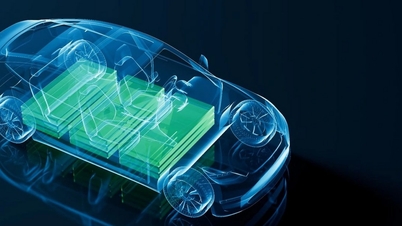

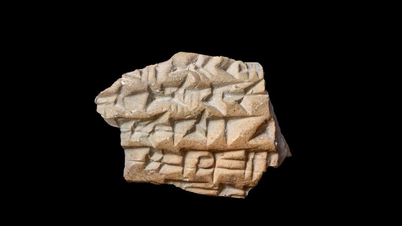
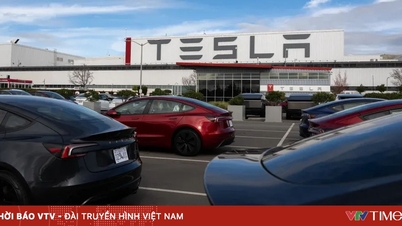



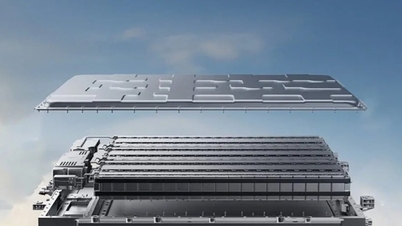



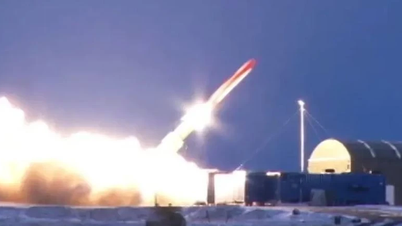









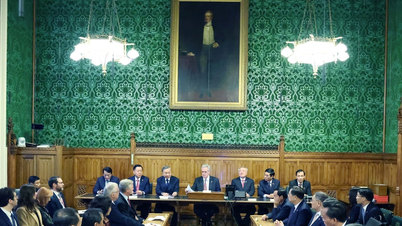
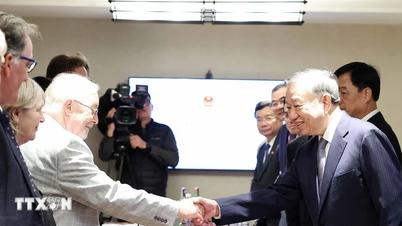
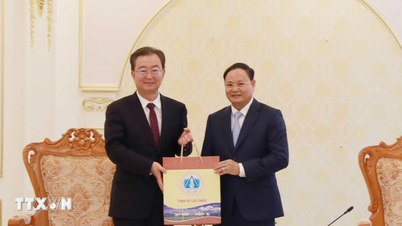


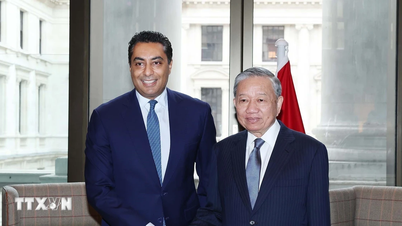




































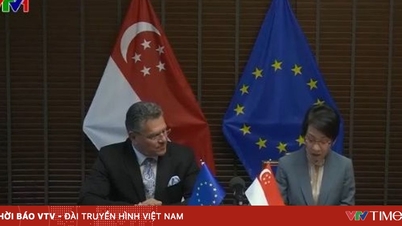
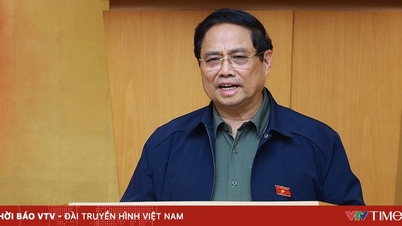



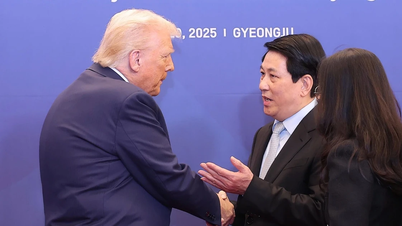

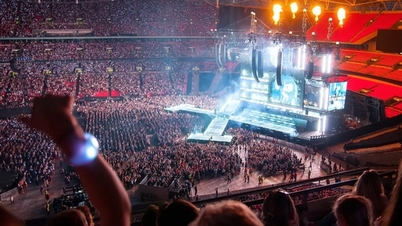

![[Live] Concert Ha Long 2025: "Heritage Spirit - Brightening the Future"](https://vphoto.vietnam.vn/thumb/402x226/vietnam/resource/IMAGE/2025/10/29/1761743605124_g-anh-sang-am-thanh-hoanh-trang-cua-chuong-trinh-mang-den-trai-nghiem-dang-nho-cho-du-khach-22450328-17617424836781829598445-93-0-733-1024-crop-1761742492749383512980.jpeg)






























Comment (0)